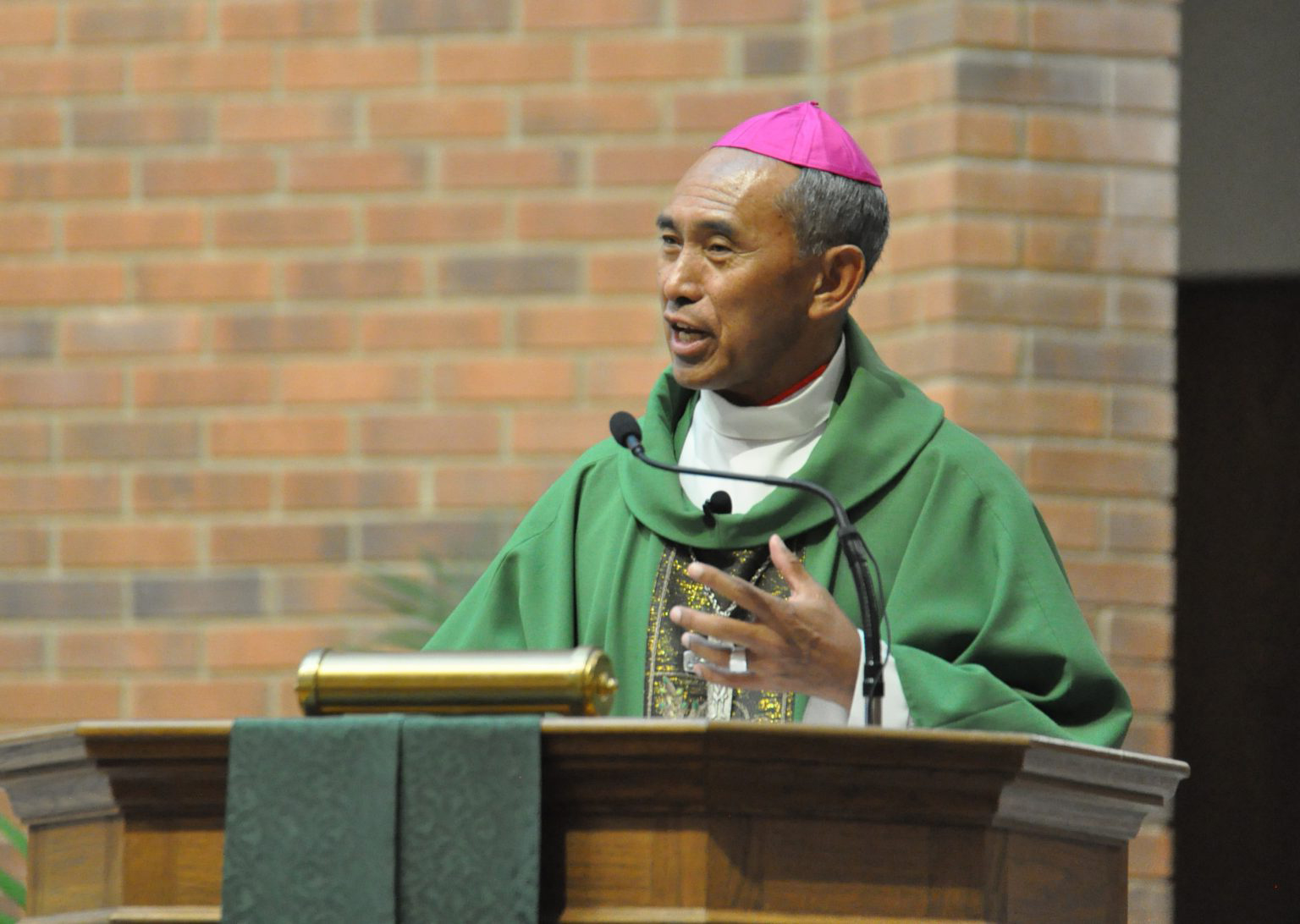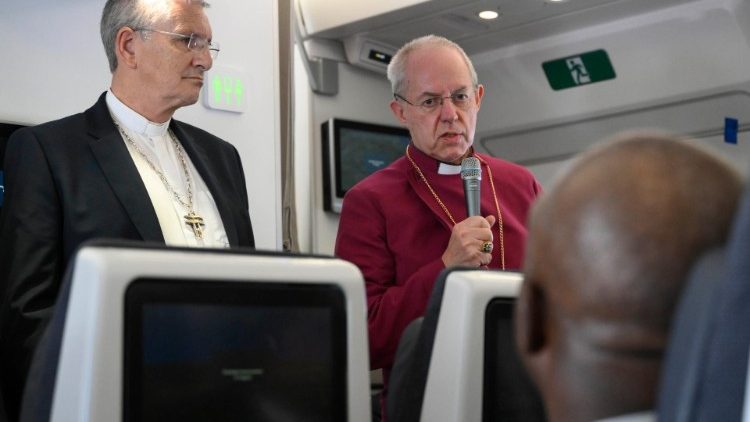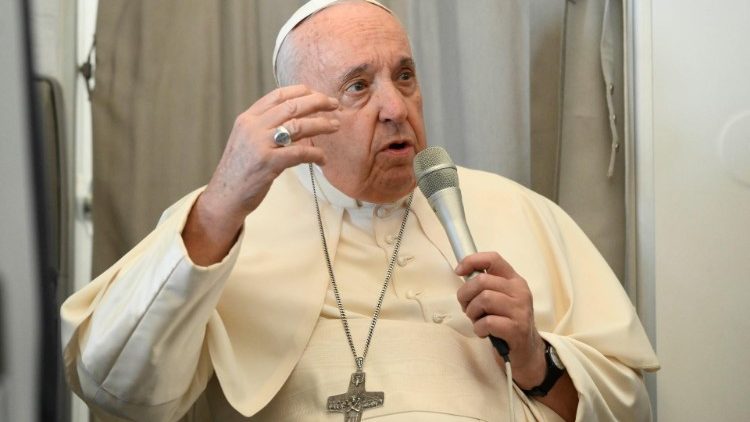An urgent, fraternal Appeal for Peace and Reconciliation by His Eminence Charles Cardinal Bo, Myanmar

Jan 31, 2021
His Eminence Cardinal Charles Bo, the Archbishop of Yangon from Myanmar and President of Catholic Bishops’ Conference of Myanmar and President of Federation of Asian Bishops’ Conferences released a statement of an urgent, fraternal appeal for peace and reconciliation to Myanmar Government and Military on the latest political deadlock and crisis development on 25th January 2021 as follows.
To our elected leaders in the new Government, to responsible persons in the military, to all civil servants, to ethnic leaders both political and military, and to all people of good will –
We members of Religions for Peace of Myanmar, as ambassadors of peace and reconciliation, make this fraternal appeal, and join with you in solidarity, in our pledge to work together for peace in our land.
Your Excellency, Madam State Counsellor,
Dear sisters and brothers of Myanmar:
Greetings of peace. On behalf of the Religions for Peace and in the name of the Federation of Asian Bishops Conferences I warmly congratulate you on the outcome of the 2020 general elections. The peaceful national elections of November were widely acknowledged as free and fair. This gives the new government a mandate and obligation to pursue the inclusive economic and social goals for which it was elected. May I mention some matters of concern on which we pledge the support of the communities that we represent. As leaders of faith communities, we commit to work together with one another and with you to support you in the demands of leadership.
We urge you to:
· Create the conditions for peace
· Eliminate all ethnic discrimination
· Demilitarize Myanmar
· Seek political solutions
· Continue to reform the judiciary, education, social welfare and health systems
· Decentralize decision making
· Prepare the next generation
Myanmar’s current challenges
The global pandemic tears at our public health system. The virus has wreaked devastation on our fragile economy. Children have missed a year of schooling and tertiary studies are abandoned. Many are starving and the poor suffer the most. The whole community suffers if any member is impoverished. Before the pandemic Myanmar already faced environmental catastrophe. Before the pandemic, great damage was done to our people over the past decades of darkness. Yet only by facing the truth of what has and is being done can justice be enabled. Through your leadership, with farsighted, united, political action, Myanmar will face these challenges, sustain peace, and promote a vibrant prosperous future. The rights and duties of all in Myanmar are mutual and our interest in the common good is identical.
Create conditions for peace
There is no one who does not desire peace. The first duty of Myanmar’s new government is to create the conditions for peace. The duty of every national leader, whether civilian or military is to commit to unity, peace and reconciliation. To all civilian and military leaders, I plead lay aside the futile pursuit of military solutions. You each have the capacity to transform Myanmar’s divisive political culture. Renew your commitment to face the truths of our past history. Acknowledging these realities, seek justice with courage and determination through dialogue and negotiation. Peace will only come if a spirit of transparent, open and accountable leadership is instilled into every sector and level of governance.
Eliminate all ethnic discrimination
Myanmar is deeply divided along ethnic lines. There are historical reasons for this, but it doesn’t have to be. The past is only of value in understanding the present. We can and must take another way, a path to solidarity. Myanmar’s long running civil conflicts all have racial dimensions, but the root causes are political.
Every person born on Myanmar soil has an equal stake in Myanmar’s future. Myanmar is profoundly rich – its people, its cultures, its soil. Now is the time to grow as an outward-looking, welcoming, flourishing nation that celebrates unity in diversity. The government’s charge is to seek the good of every person for whom Myanmar is home. This can only be done through a well thought out commitment to dialogue based on trust. It is not a badge of honour that Myanmar creates refugees and stateless persons in such massive numbers.
Demilitarize Myanmar
War is the language of death. Civil wars are a refusal to recognize the humanity of our brothers and sisters. Violence never begets peace. War negates national harmony. The fruits of conflicts are bitterness, divisions and wounds that take years to heal. Seek unity, yes, but not by fear or threat.
Seek political solutions
History teaches us, diplomats and peacemakers know, that there is never going to be a military solution to a political conflict. Pursuing military solutions leads only to endless war, endless misery. Myanmar has had enough! Where a political solution is absent, any military advantage is fragile. In that way, the expanded deployment of the Tatmadaw in ethnic areas cannot bring unity if political dialogue is absent.
Reform the judiciary, education, social welfare and health systems
The reforms already initiated from the centre are immense. The mandate for deeper, bolder reform given to this government, despite the limitations of the Constitution, is even greater. It covers the judiciary, the accountability of military to civilian authority, rebuilding of education, health and social welfare systems, the training of officials in good governance and leadership, the inclusion of the excluded. Much has been done by the first civilian government to build governance systems that serve the people, but we long for more progress in these essential areas. Justice delayed is justice denied. We join in solidarity in these huge tasks, promising our good will and whatever expertise we can muster.
Decentralize decision making
Good governance requires subsidiarity, delegation. Not every decision should be made in Nay Pyi Taw. The activities of the whole society must be coordinated in ways that will support the internal life of local communities. The delegation of authority must be supported with training and care for both elected leaders and civil service officials. It will serve to enhance effectiveness of the leader who delegates.
Prepare the next generation
Poverty is not just an economic condition, it is the denial of opportunity. After decades of neglect, the challenge your civilian government faces is to build for the future. We are ready to face that challenge with you. If the young are not empowered through education, poverty will deepen. Deprivation of education is a great wound of poverty. It impoverishes a person’s humanity. It diminishes their capabilities and social presence. Committing to education for all in Myanmar is a hundred times more valuable for building peace than buying guns. Myanmar needs to trust, invest in and build up her youth. They are our present and our future.
A new era of unity and solidarity
The call to each of us, especially to those with the responsibility of leadership, is to be artisans of peace – uniting and not dividing, extinguishing hatred and not harbouring or inflaming it, always opening paths of dialogue that will reconcile, heal, unite and build anew our beautiful Myanmar.
With my fraternal prayers, respect and solidarity for you and for every person in every corner of our land,
Cardinal Charles Maung Bo
Archbishop of Yangon, Myanmar
President, Federation of Asian Bishops’ Conferences (FABC)
Patron of Religions for Peace Myanmar and Co-President of RfP International
Posed by Joseph Kung Za Hmung
Email: glorianews98@gmail.com
826 Views








